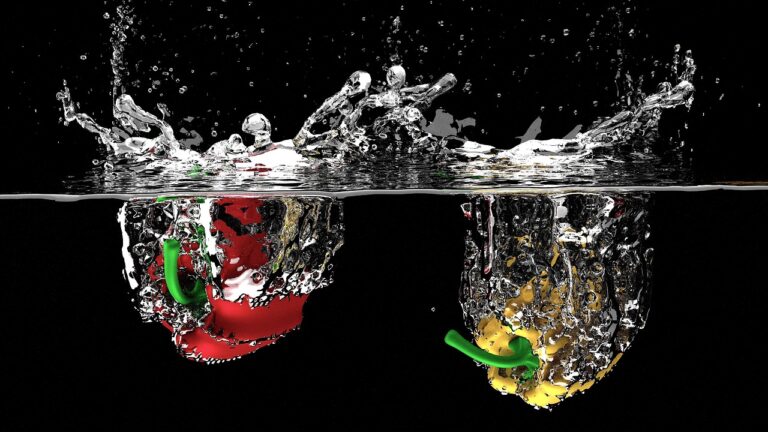The Importance of Aquaculture Research and Development
lotus365 book, playexch 99, all panel .com:Aquaculture, the farming of aquatic organisms such as fish, mollusks, and crustaceans, has become an increasingly important industry for providing food security and supporting local economies around the world. As the global population continues to grow, the demand for seafood is also increasing, making aquaculture a critical component of sustainable food production. In order to meet this growing demand, aquaculture research and development play a crucial role in advancing the industry and ensuring its long-term success.
Research and development in aquaculture are essential for improving the efficiency, sustainability, and profitability of aquaculture operations. By studying the biology, behavior, and physiology of aquatic species, researchers can develop innovative technologies and practices to enhance production and minimize environmental impact. From breeding programs to disease prevention strategies, aquaculture research is driving advancements in the industry that are benefiting both producers and consumers.
One of the key areas of aquaculture research is disease prevention and management. Like any farming operation, aquaculture is susceptible to diseases that can devastate entire populations of fish or shellfish. Through ongoing research, scientists are developing vaccines, genetic resistance, and biosecurity measures to help prevent the spread of disease and protect aquaculture operations from losses. By investing in disease research, producers can ensure the health and productivity of their stocks, ultimately leading to more sustainable and profitable operations.
Another important focus of aquaculture research is improving feed efficiency and sustainability. As demand for seafood continues to rise, the availability of wild fish stocks for use in fish meal and fish oil is becoming increasingly limited. Researchers are working to develop alternative sources of protein and lipid that can be used in aquaculture feeds, such as plant-based ingredients and insect meal. By reducing the reliance on wild-caught fish for feed, aquaculture operations can become more sustainable and reduce their impact on marine ecosystems.
In addition to disease prevention and feed sustainability, aquaculture research is also driving innovations in genetics, water quality management, and aquaculture technology. Scientists are studying the genetics of aquatic species to improve growth rates, disease resistance, and overall performance in aquaculture settings. They are also developing new technologies for monitoring water quality, improving water circulation, and increasing automation in aquaculture facilities. These advancements are helping producers to optimize their operations, reduce environmental impact, and increase profitability.
In conclusion, aquaculture research and development are essential for the continued growth and success of the aquaculture industry. By investing in research, producers can access the latest technologies and innovations that will help them improve efficiency, sustainability, and profitability in their operations. As the demand for seafood continues to rise, aquaculture will play a vital role in providing nutritious and sustainable food sources for the global population. Through ongoing research and development, the aquaculture industry can continue to thrive and contribute to global food security for years to come.
FAQs
Q: How does aquaculture research benefit consumers?
A: Aquaculture research helps to ensure the sustainability and quality of seafood available to consumers. By investing in research, producers can provide nutritious and safe seafood products that meet consumer demand.
Q: What are some of the challenges facing aquaculture research?
A: Some of the challenges facing aquaculture research include funding constraints, environmental concerns, and regulatory issues. Researchers must work collaboratively to overcome these challenges and drive advancements in the industry.
Q: How can individuals support aquaculture research and development?
A: Individuals can support aquaculture research by purchasing seafood from sustainable aquaculture operations, advocating for responsible aquaculture practices, and supporting organizations that fund research in the industry. By raising awareness and supporting innovation, individuals can help to ensure the long-term success of aquaculture.







